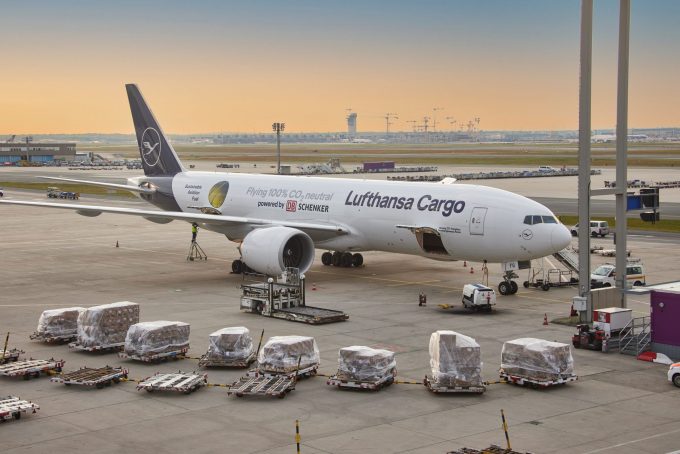The Loadstar Podcast | Transport Logistic and Air Cargo Europe 2025
Missed Munich? Or too many meetings to get out on the floor? In this episode ...

Fleet modernisation, fuel efficiency measures and sustainable aviation fuel (SAF) will be key factors if Lufthansa Cargo is to achieve its bold plans for CO₂ neutrality by 2050.
The cargo operator is working with science-based reduction targets of greenhouse gas emissions to bring its CO₂ emissions ...
CMA CGM South Korean staff strike over bonuses after bumper 2024 profit
MSC switches two more Asia-Europe port calls from congested Antwerp
Ports and supply chain operators weigh in on funding for CPB
Nightmare for Bangladeshi exporters as congestion and tariffs bite
Carriers introduce surcharges as congestion builds at African ports
Box ship overcapacity threat from carrier appetite for new tonnage
CMA airline returns two freighters, while ANA takeover of NCA looms
Tradelanes: Export boom in Indian sub-continent triggers rise in airfreight rates

Comment on this article